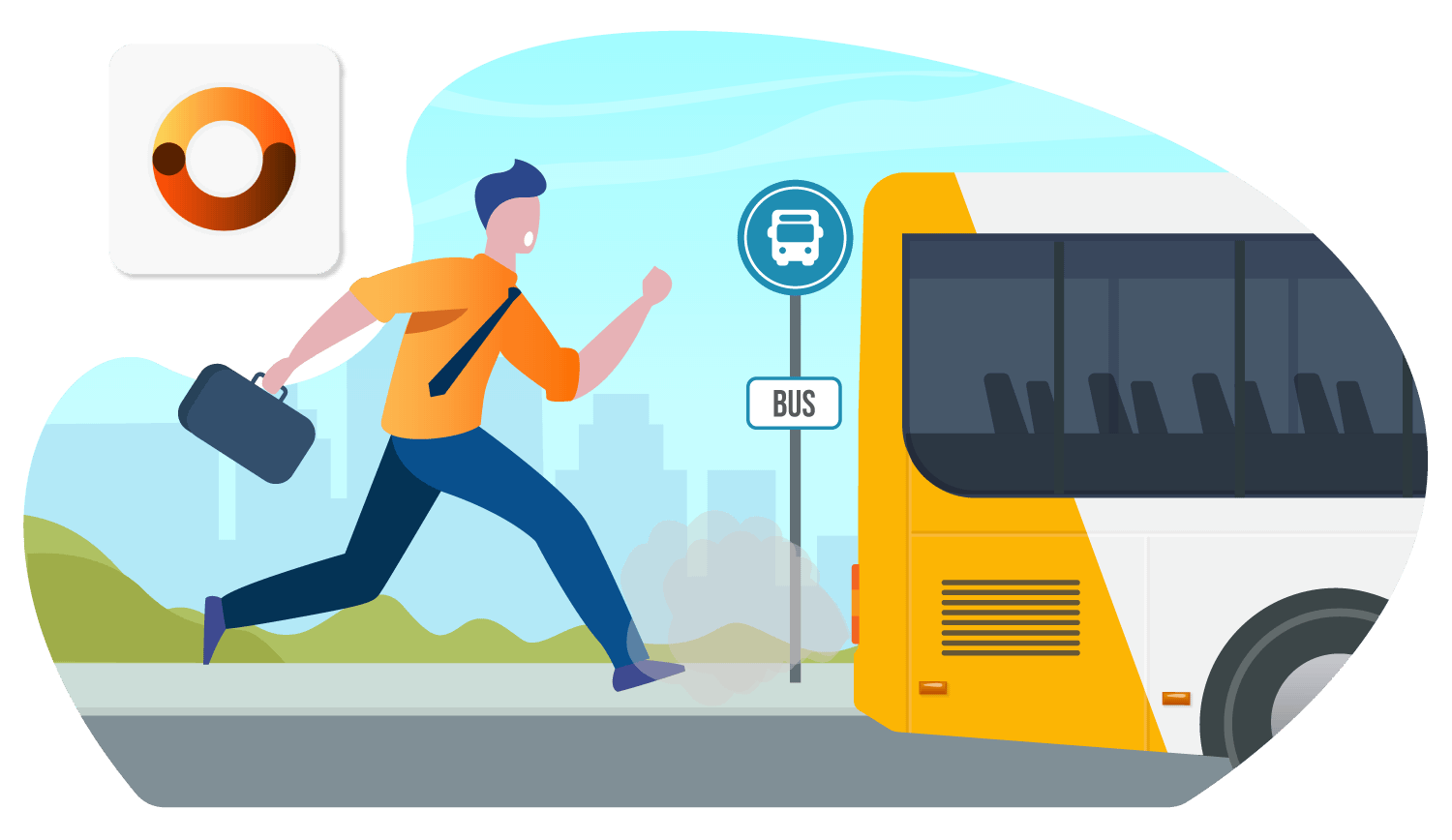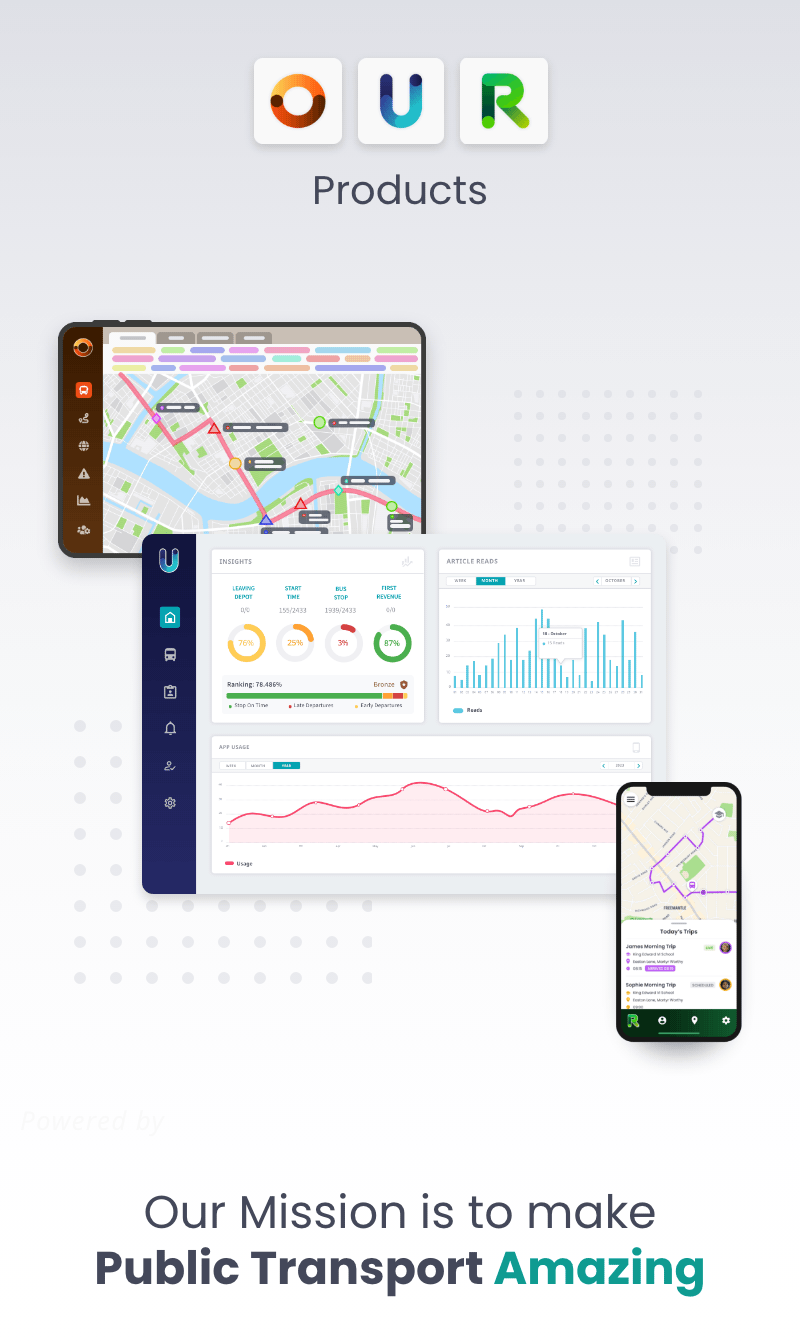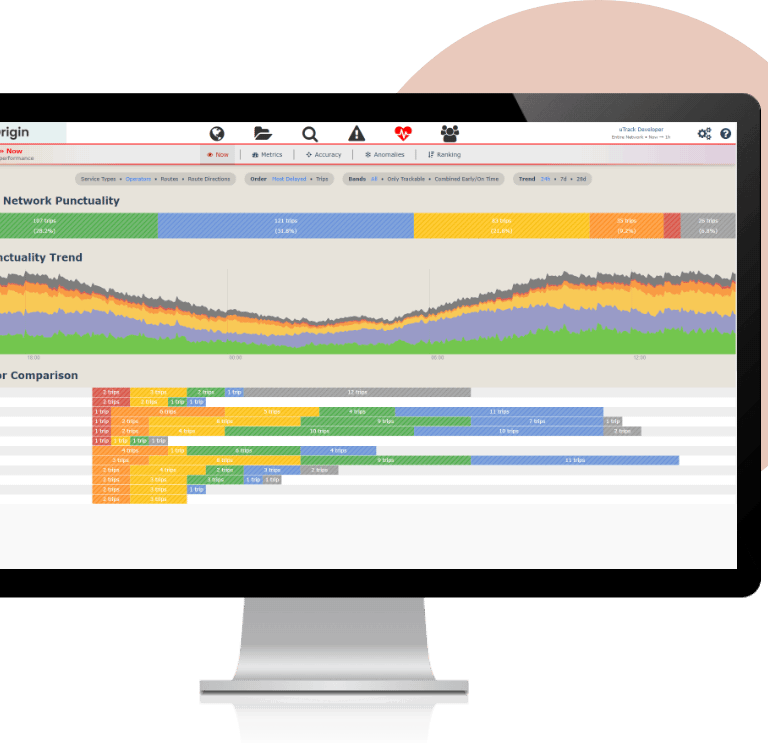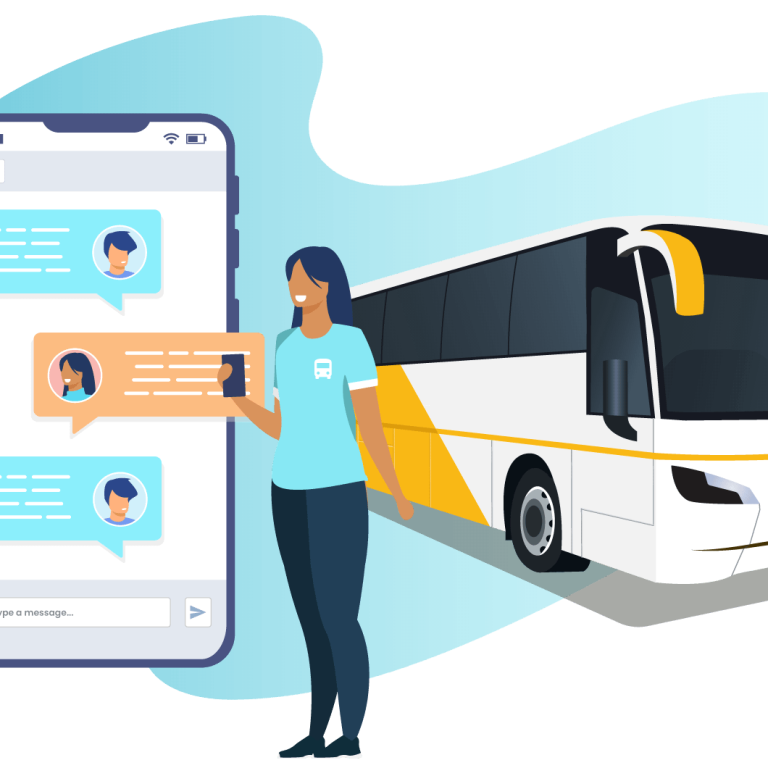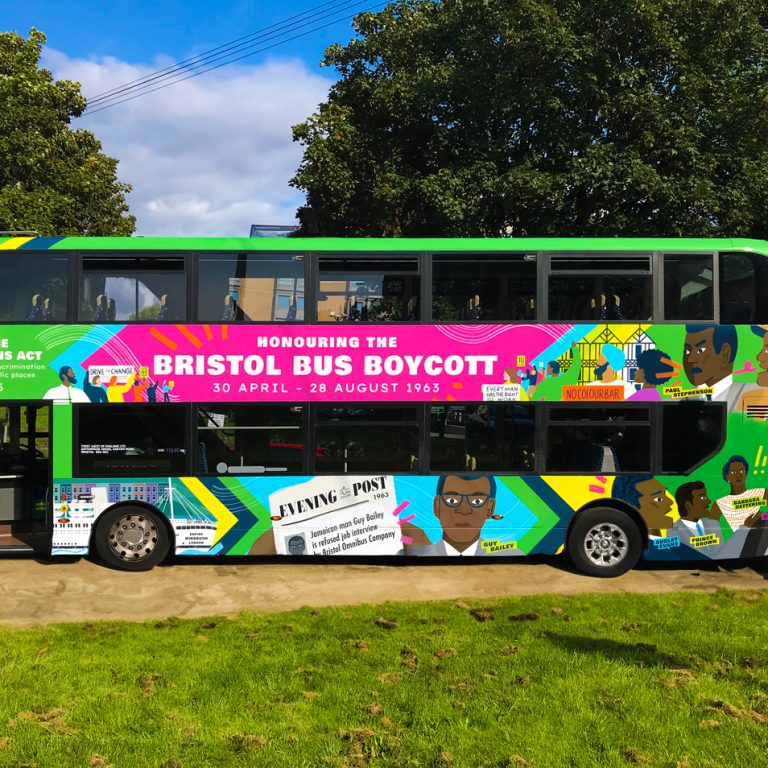The pitfalls for operators of poor timetabling, punctuality and reliability when using intercity coach and public transport.
For many years intercity coach operators (and public transport operators in general) have seen a decline in popularity in comparison to personal transportation. The reason for this is that times have changed. We live in a modern and mainly digital age, where everything is either instantaneous or very fast and this has naturally raised people’s expectations, especially when it comes to travel. People need a service that is quick/instant, highly informative, and efficient, so their time is not wasted.
“The definition of insanity is doing the same thing over and over again but expecting different results.”
Albert Einstein
The problem is that public transport, for the most part, has not caught up with this trend change in their potential passengers. Instead, the industry has largely stuck to doing the same thing over and over and expecting a different result. But what was acceptable in the past is no longer acceptable anymore.
Passengers using public transport are receiving a poor level of service by their standards because the level of expectation has been raised by personal transportation and its adoption & utilisation of technology (taxi apps, on-demand car hire/rental apps).
So, in what areas have public transport fallen short of customer expectations? And how can they be solved? In this article, we focus on three huge problems, poor timetabling, punctuality, and reliability, all of which can be solved by embracing technology and improving the way that data is utilised.
Poor timetabling causes…
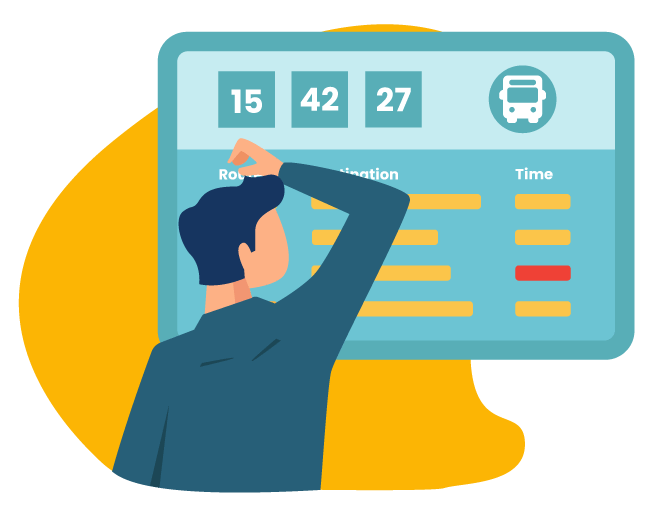
Issues with vehicle resource: Due to services not being demand driven
Supplying a demand is fundamental in any business however transport demand varies based on factors such as time (e.g. commuting), activity (e.g. work/social), and special circumstances (e.g. one-off sporting/music events). The problem is that most transport timetabling systems are not reactive enough. Normally they are based on assumptions and legacy information of passenger behaviour rather than current, real-time, and constantly changing passenger data. This slow reaction to changes means that the current timetabling system can not accommodate an influx of people heading home after a live event for example. This then causes delays, overcrowding, and severe disruption to all operating services.
Passenger preference ignored
With the low barrier to entry of access to technology and mobile phones, many can now voice their preference and opinions about anything and everything. Operators are yet to utilise this unique opportunity to have direct access to what their customers or potential customers actually want. As a result, timetables are static and rarely changed by the operators meaning that passenger preference is ignored and puts many off from using the service.
No suggestions offered for first mile/last mile of journeys
Compared with personal transport, which in most cases, is virtually door to door, public transport has not come up with a globalised solution to solve the problem of how a passenger starts or ends their journey. Most people’s journeys do not start or end at a station or stop and sometimes the nearest stop is not within walking distance. This means that a combination of transport forms will need to be used. Unfortunately, most transport forms do not cater for one another’s timetables or offer alternative transport means such as park & rides or hired bikes/scooters at stops/stations. This ultimately leads to passengers’ journeys being significantly lengthened, as well as being potentially impractical. With an issue like this, it is easy to see why many choose private transport over public transport. If there is to be a change in the decline of public transport usage, then this issue needs to be solved.
Poor punctuality causes…
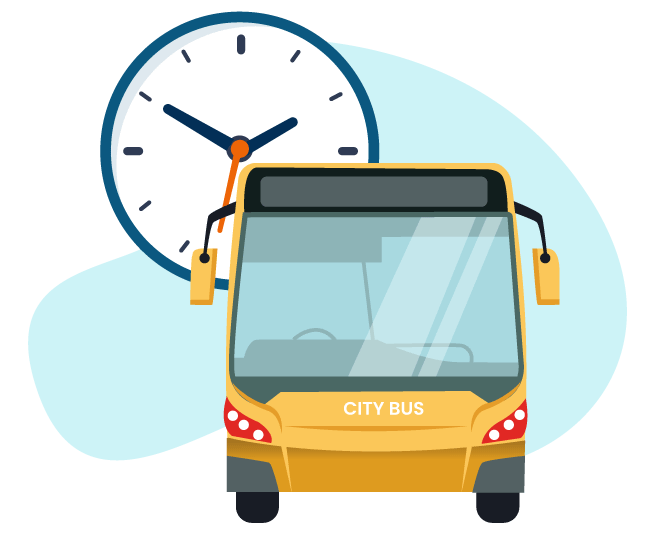
Consistent and unsolved delays to all services
A one-off delay to service is inevitable due to factors outside an operator’s control, however, if a service has a consistent delay, then that causes the operator to question what is causing that problem and the passenger to question the reliability of the service itself. If the issue can be pinpointed to being related to the driver, logistics, resource, or something else then the problem can be resolved however most operators either don’t track throughout the service journey (only caring about whether the service starts and ends on time) or track only the stop times and nothing else. Public Transport operators using just this data to work out why their service is delayed is like trying to win a game of chess with half your pieces missing. The crux of the issue is that operators don’t always have the right data and when they do, it’s useless information because it is all disjointed. The data needs to be joined together to give a full picture that will firstly tell operators what the problem is and second, how to solve it.
Inaccuracies between timetable information and real-time service
Delays in services should be relayed to passengers however if there is a delay in relaying information about the delay, then this compromises the integrity and reliability of display screens and other information sources e.g. apps. Information should be non-delayed and in real-time, so that passenger trust will not be diminished.
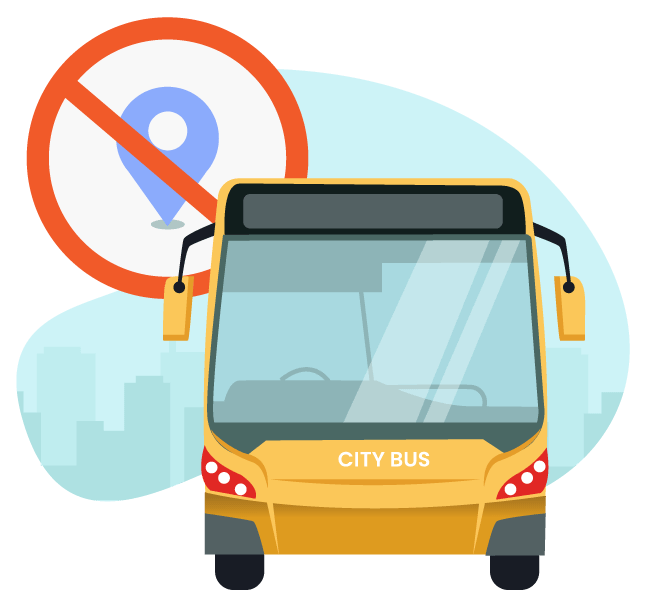
Poor reliability causes…
Reduction in passengers willing to use services
If public transport is not convenient and cannot be trusted to be reliable then people will not use it. Reduction in patronage means less revenue and therefore increases the ticket price for loyal passengers rather than rewarding them for loyalty.
Increase in other forms of transportation being used e.g. personal transportation
An increase in other transportation means more vehicles on the roads causing congestion, increased risk of accidents, and more delays to all traffic (including public transport). These, however, are far smaller problems compared to the largest issue with mass usage of personal transport which is the effect of pollution on the climate. There has been a huge push globally to put more effort into sustainable transport and public transport has a unique opportunity to be able to capitalise on this need, however, the public perception needs to change and that means that public transport needs to improve its customer service, in order to get to the same level of service as personal transport provides. Reliability is key to achieving this.
Confusion and frustration for passengers
A combination of unreliability and lack of real-time information leaves passengers confused, anxious and frustrated as to whether they will need to make other arrangements to get to their destination on time. This is a sucker punch to passenger’s trust in the service and reduces the number of people prepared to use public transport over personal transport. The simple solution to this is accurate real-time data which needs to be adopted industrywide.
Conclusion
In summary, timetabling that is not flexible to passenger’s needs, as well as poor punctuality & reliability, results in unsolved reasons for delays, inaccurate relay of service timings to customers, as well as all of the problems addressed above. These are all caused by a lack of utilisation of technology, data, and information.
To come back to Einstein’s quote from the beginning of the article, you can’t expect change without taking action, which also requires knowing the problem and what it is that needs to be fixed. Resolving these issues will see a massive improvement to the popularity and consistency of passengers willing to use public transport, however, until these issues can be resolved, then we will continue to see the number of people using public transport decline.
To find out how we can use data analytics to help solve these problems, request a demo.
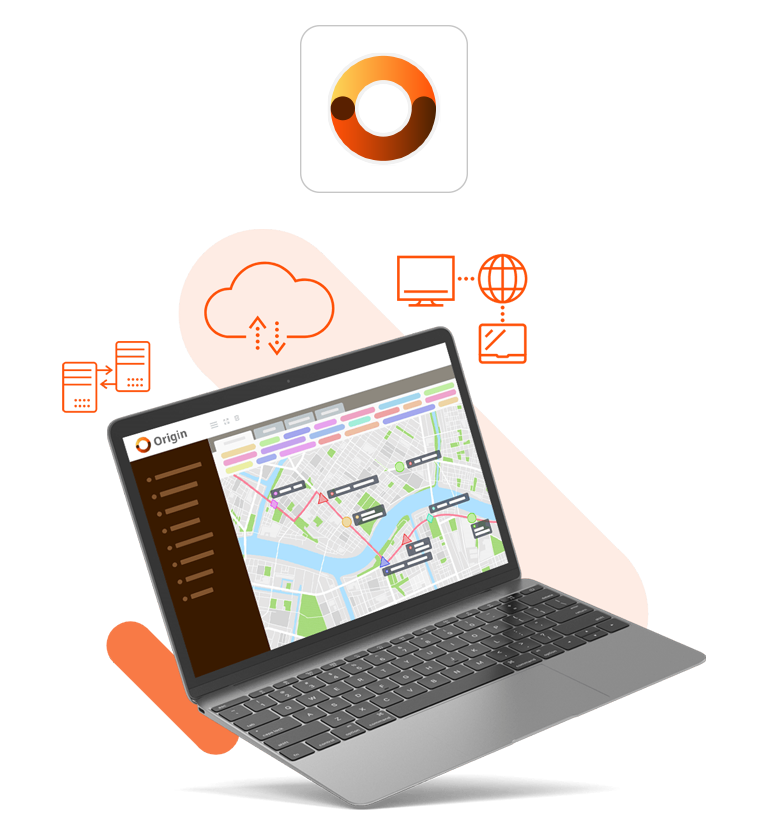
Origin
Making operational excellence the standard across the transport industry.

